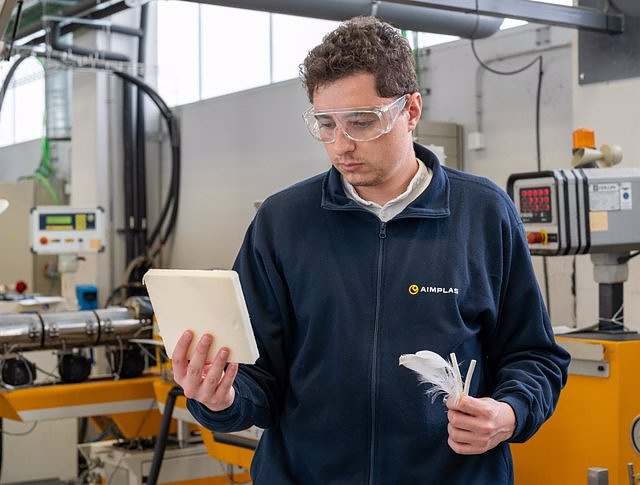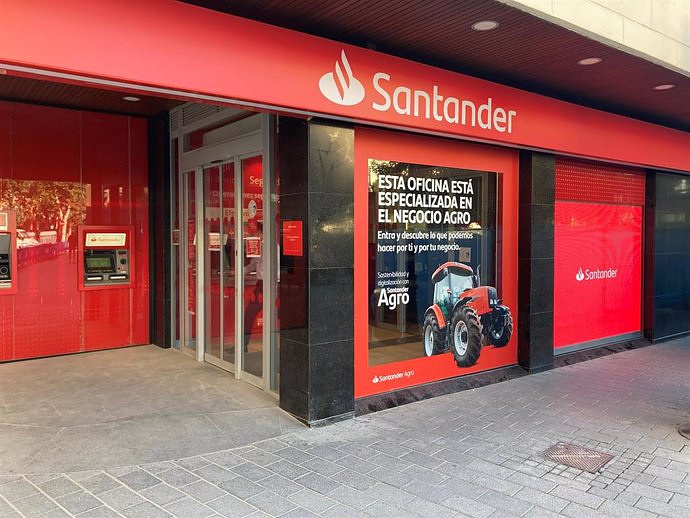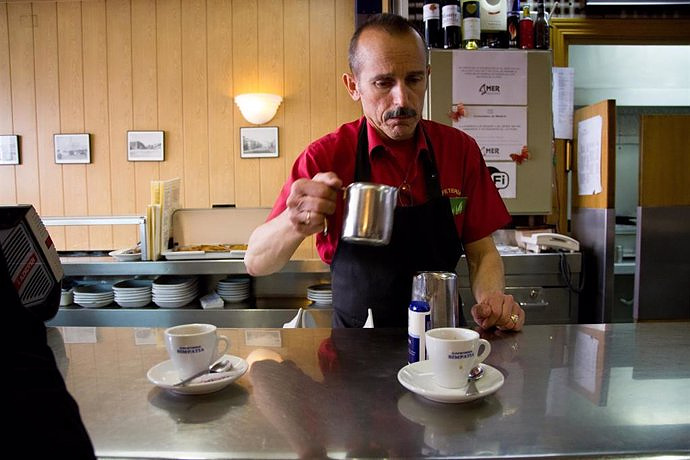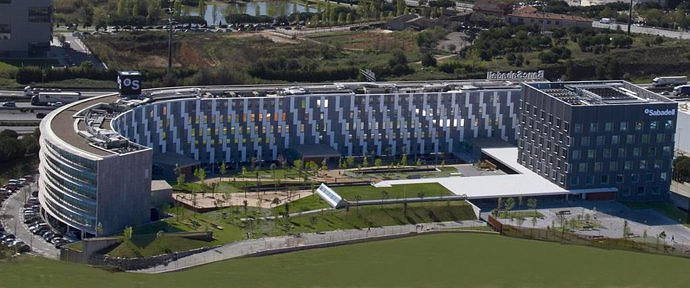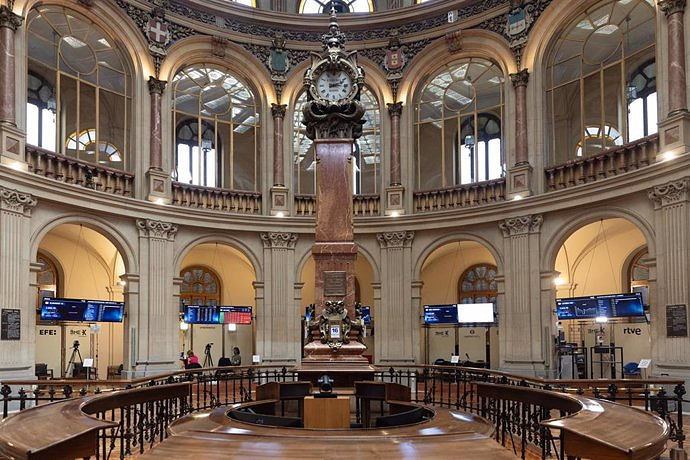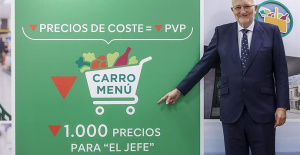VALENCIA, July 27 (EUROPA PRESS) -
Aimplas, the Technological Institute of Plastics, is working on the development of new foams for sustainable hydroponic crops from bird feathers within the framework of the 'Unlock' project, an initiative that has received funding from the Horizon 2020 research and innovation program of the European Union.
14 partners from 7 European countries collaborate in this project, coordinated by the Cidetec Foundation, in order to promote a sustainable circular bioeconomy, focused on the creation of new value chains from by-products that are normally discarded or little used, such as bird feathers. In this way, the development of rural areas and their economy will increase, the entity explains in a statement.
The main objective of this project is to design and demonstrate an economically and environmentally sustainable supply chain for a feather-based bioeconomy, in order to generate biobased functional materials for agricultural applications.
Unlock proposes the manufacture of bioplastics and biotextiles from the keratin of feathers, which offer properties that can provide new functionalities to the final product, such as a biodegradation capacity adjusted to the duration of the crops, contribution of organic nitrogen to the soil, no generation of waste at the end of its life cycle and a competitive cost.
Aimplas, together with the assistance of Terra Aquática, is in charge of the development and validation of one of the project's products, the foams for hydroponic crops. Hydroponics is a practice that allows growing vegetables directly in contact with the nutrient solution in a soilless environment.
Currently, polyurethane foams are the most common for this type of application due to their low density, low price, and good water retention. However, this material can contain harmful chemicals, is difficult to sterilize, and is a huge source of microplastics.
With the main purpose of "improving the environmental impact and the life cycle of the product", they highlight, Aimplas is working on solutions for 3 different types of applications among the variety of hydroponic culture media: cloning collars, oasis buckets and a alternative substrate format similar to perlite called "minidiscs".
These foams are composed of a combination of a bioplastic matrix, a foaming agent and feathers, previously treated by other project partners to extract their keratin.
Various entities collaborate in this project. Firstly, the Research and Technology Organizations include, in addition to Aimplas, the Spain-based Cidetec Foundation, which also acts as project coordinator, the Łukasiewicz Research Network-Institute of Biopolymers and Chemical Fibers and RISE Processum AB. In addition, the consortium includes the participation of seven small and medium-sized companies from various countries such as General Hydroponic Europe, Bioextrax AB, Bio-Mi drutvo sa ograničenom odgovornoču, TECNOPackaging, Farrelly

 Exploring Cardano: Inner Workings and Advantages of this Cryptocurrency
Exploring Cardano: Inner Workings and Advantages of this Cryptocurrency Seville.- Economy.- Innova.- STSA inaugurates its new painting and sealing hangar in San Pablo, for 18 million
Seville.- Economy.- Innova.- STSA inaugurates its new painting and sealing hangar in San Pablo, for 18 million Innova.- More than 300 volunteers join the Andalucía Compromiso Digital network in one month to facilitate access to ICT
Innova.- More than 300 volunteers join the Andalucía Compromiso Digital network in one month to facilitate access to ICT Innova.-AMP.- Ayesa acquires 51% of Sadiel, which will create new technological engineering products and expand markets
Innova.-AMP.- Ayesa acquires 51% of Sadiel, which will create new technological engineering products and expand markets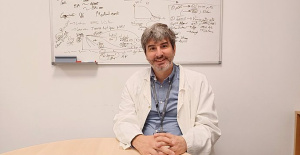 Study identifies new genetic form of Alzheimer's
Study identifies new genetic form of Alzheimer's Judge Juan Merchan fines Trump for contempt of court in 'Stormy Daniels' bribery case
Judge Juan Merchan fines Trump for contempt of court in 'Stormy Daniels' bribery case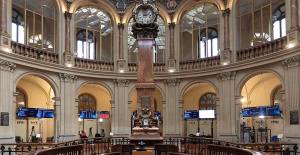 The Ibex 35 rises 0.58% at closing thanks to the boost from Indra and Grifols
The Ibex 35 rises 0.58% at closing thanks to the boost from Indra and Grifols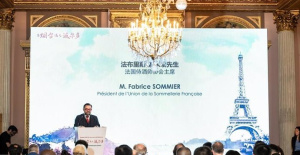 STATEMENT: Yantai Holds “When Yantai Met Bordeaux” Wine Gift Box Launch Event
STATEMENT: Yantai Holds “When Yantai Met Bordeaux” Wine Gift Box Launch Event How Blockchain in being used to shape the future
How Blockchain in being used to shape the future Not just BTC and ETH: Here Are Some More Interesting Coins Worth Focusing on
Not just BTC and ETH: Here Are Some More Interesting Coins Worth Focusing on UMH researchers are working on a high-quality apricot crop that requires less irrigation water
UMH researchers are working on a high-quality apricot crop that requires less irrigation water The UPV develops an application to improve the quality of life of patients with glioblastoma
The UPV develops an application to improve the quality of life of patients with glioblastoma A sensor system obtains the fingerprint of essential oils and detects if they have been adulterated
A sensor system obtains the fingerprint of essential oils and detects if they have been adulterated Faraday UPV presents the 'Origin' rocket to exceed 10 km of flight: "It is the beginning of the journey to space"
Faraday UPV presents the 'Origin' rocket to exceed 10 km of flight: "It is the beginning of the journey to space" A million people demonstrate in France against Macron's pension reform
A million people demonstrate in France against Macron's pension reform Russia launches several missiles against "critical infrastructure" in the city of Zaporizhia
Russia launches several missiles against "critical infrastructure" in the city of Zaporizhia A "procession" remembers the dead of the Calabria shipwreck as bodies continue to wash up on the shore
A "procession" remembers the dead of the Calabria shipwreck as bodies continue to wash up on the shore Prison sentences handed down for three prominent Hong Kong pro-democracy activists
Prison sentences handed down for three prominent Hong Kong pro-democracy activists ETH continues to leave trading platforms, Ethereum balance on exchanges lowest in 3 years
ETH continues to leave trading platforms, Ethereum balance on exchanges lowest in 3 years Investors invest $450 million in Consensys, Ethereum incubator now valued at $7 billion
Investors invest $450 million in Consensys, Ethereum incubator now valued at $7 billion Alchemy Integrates Ethereum L2 Product Starknet to Enhance Web3 Scalability at a Price 100x Lower Than L1 Fees
Alchemy Integrates Ethereum L2 Product Starknet to Enhance Web3 Scalability at a Price 100x Lower Than L1 Fees Mining Report: Bitcoin's Electricity Consumption Declines by 25% in Q1 2022
Mining Report: Bitcoin's Electricity Consumption Declines by 25% in Q1 2022 Oil-to-Bitcoin Mining Firm Crusoe Energy Systems Raised $505 Million
Oil-to-Bitcoin Mining Firm Crusoe Energy Systems Raised $505 Million Microbt reveals the latest Bitcoin mining rigs -- Machines produce up to 126 TH/s with custom 5nm chip design
Microbt reveals the latest Bitcoin mining rigs -- Machines produce up to 126 TH/s with custom 5nm chip design Bitcoin's Mining Difficulty Hits a Lifetime High, With More Than 90% of BTC Supply Issued
Bitcoin's Mining Difficulty Hits a Lifetime High, With More Than 90% of BTC Supply Issued The Biggest Movers are Near, EOS, and RUNE during Friday's Selloff
The Biggest Movers are Near, EOS, and RUNE during Friday's Selloff Global Markets Spooked by a Hawkish Fed and Covid, Stocks and Crypto Gain After Musk Buys Twitter
Global Markets Spooked by a Hawkish Fed and Covid, Stocks and Crypto Gain After Musk Buys Twitter Bitso to offset carbon emissions from the Trading Platform's ERC20, ETH, and BTC Transactions
Bitso to offset carbon emissions from the Trading Platform's ERC20, ETH, and BTC Transactions Draftkings Announces 2022 College Hoops NFT Selection for March Madness
Draftkings Announces 2022 College Hoops NFT Selection for March Madness